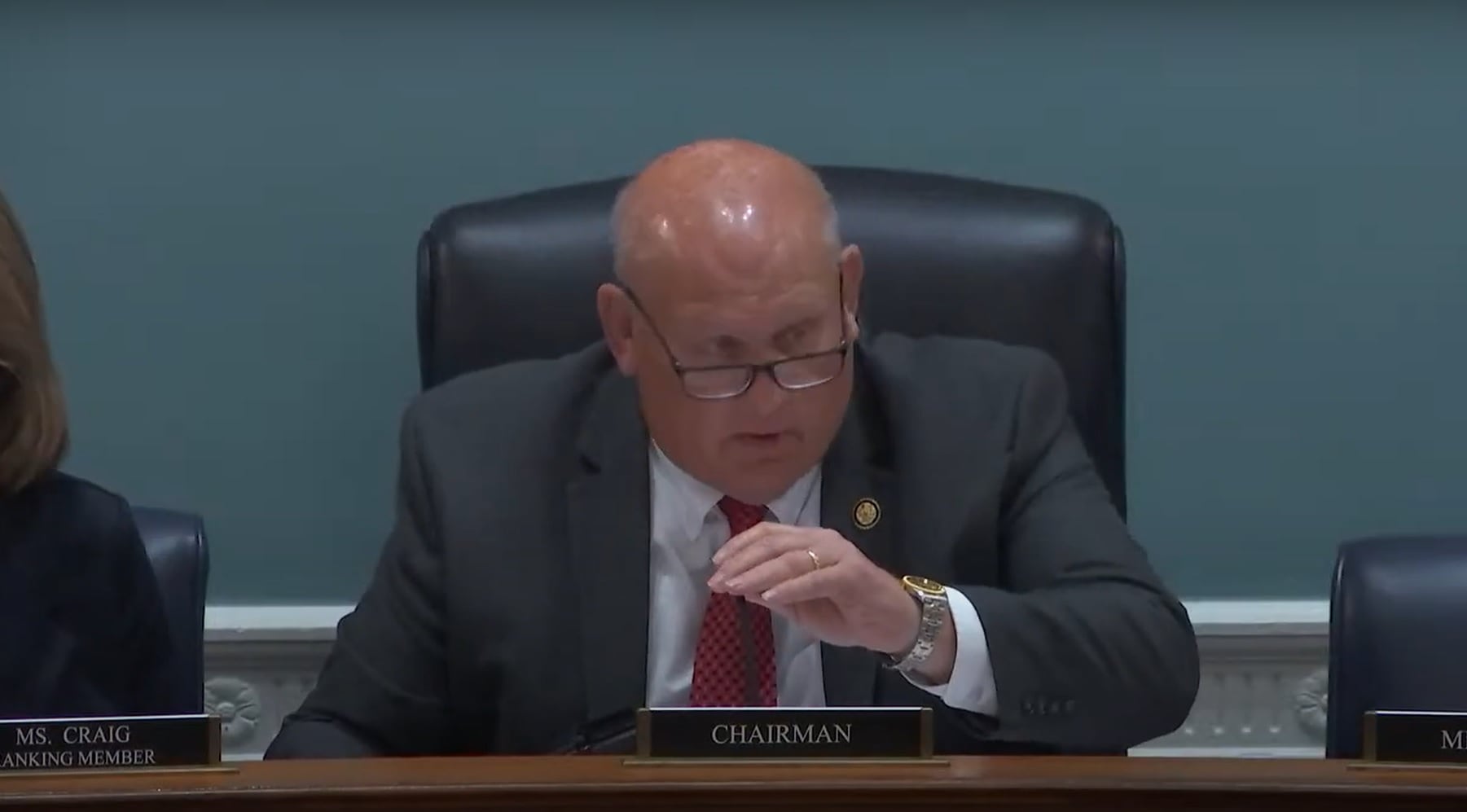California’s controversial Prop 12, which bans the sale within the state of pork, veal and eggs from producers that do not meet heightened animal welfare standards, again is in legislators’ crosshairs despite the US Supreme Court upholding the voter-approved legislation two years ago and last month declining to hear another case against the law.
The law, which passed in 2018 with 63% of California voters’ consent, applies to California and how some animals are housed for the production of specific foods, and producers nationwide that selling their products in the state.
Likewise, efforts to rollback or “fix” the law could threaten states’ ability to regulate products sold within their borders if they impact out-of-state producers, argue some experts. Ostensibly, this could include state bans to restrict the sale of products with synthetic dyes or labeling requirements for genetic modification.
Opponents of the law, including USDA Secretary Brooke Rollins, argue that one state should not have authority to dictate terms to other states.
The Supreme Court, however, disagreed, noting, “companies that choose to sell products in various states must normally comply with the laws of those states.”
The court reinforced this decision last month when it declined to hear the Iowa Pork Producers Association’s case arguing the law imposed excessive burdens on interstate commerce and discriminated against out-of-state farmers.
‘Who is winning’ from Prop 12, asks Chairman Thompson
Despite repeated attempts to nullify the law, a faction of pork producers and the legislators who represent them continue to push back against the proposition – most recently at a House Committee on Agriculture hearing this week.
During the July 23 committee meeting, Chairman Glenn “GT” Thompson welcomed a line-up of witnesses stacked against the proposition to discuss the “implications of Proposition 12,” which he described as “arbitrary,” “unscientific” and disproportionately negatively impacting small and mid-sized producers.
He argued that, from the first quarter of 2025, 12% of small pork operations exited the market or shifted away from breeding due to “regulatory uncertainty and high transition costs” to comply with Prop 12, which requires gilts or sows for pork production, egg laying hens and calves kept for veal to have space to stand up, turn around and extend their limbs.
He also claimed retail pork prices in California have increased by 18.7% year-over-year compared to a 6.4% increase nationwide in the same period. It is unclear, however, how much this is due to Prop 12 or other factors, such as inflation.
Still, Thompson argued the data “begs the question – if producers are paying more, and consumers are paying more, who is winning?”
He added: “To protect the right of American farmers and ranchers to raise their animals how they see fit, we must provide a fix for Proposition 12.”
His solution is language included in the 2024 Farm, Food and National Security Act, which did not pass, that would have limited the requirements in Prop 12 to producers within the state’s boarders.
A growing battle around Prop 12 and states’ rights
Other legislators, regulators, and even the Trump administration, also have taken up the baton against Prop 12.
Rep. Ashley Hinson, R-Iowa, this week introduced the Save Our Bacon Act, which she said “reaffirms livestock producers’ right to sell their products across state lines, without interference from arbitrary mandates,” and would “stop out-of-touch activists – who don’t know the first thing about farming – from dictating how Iowa farmers do their job.”
The bill responds in part to objections against the Ending Agricultural Trade Suppression Act, or EATS Act, introduced in the 118th Congress, which triggered sweeping pushback from legislators who said it “would drastically broaden the scope of federal preemption and disregard the wisdom of duly-enacted laws that address local concerns.”
The Trump administration last week sued California, alleging Prop 12 caused a significant increase in egg prices. It argued only the Federal Government can regulate how eggs are inspected, labeled and packed.
How would overturning Prop 12 impact independent farmers and voters?
While the National Pork Producers Council and the American Farm Bureau Federation both testified at the hearing on Wednesday in support of “fixing” Prop 12, many pork producers, including smaller independent suppliers, do not want the law overturned.
“ Producers have made significant financial investments to make their operations Prop 12-compliant to satisfy the desires of California’s consumers for premium pork products,” argued House Agriculture Committee Ranking Member Angie Craig, D-Minn. “It would be unfair to the family farmers who updated their facilities to comply with new rules to keep or gain market access, to change the rules on them after they’ve already made these investments.”
Among those agreeing to comply with Prop 12 are Tyson Foods, Perdue, Hormel Foods and others.
When the law went into effect, Perdue said it reflects shifting consumer sentiment towards humanely raised livestock. Other advocates argued the proposition gives independent farmers access to markets dominated by four meatpackers.
The sentiment of California voters who supported Prop 12 is shared by many across the nation, including 15 states that have also passed welfare standards for animals raised for food, notes the Humane World for Animals in a blog post published this week.
The advocacy group also voiced concerns for voters rights should Prop 12 be nullified. It argued the hearing was a “spectacle” that was “designed to undermine the will of so many voters and farmers who have already made the transition to more humane farming systems.”
Craig echoed this position in her opening statement in which she cautioned Congress to be “mindful of voters in California who exercised their rights under their state constitution to adopt this policy. We should think carefully before allowing legislators in Washington to override their will.”

